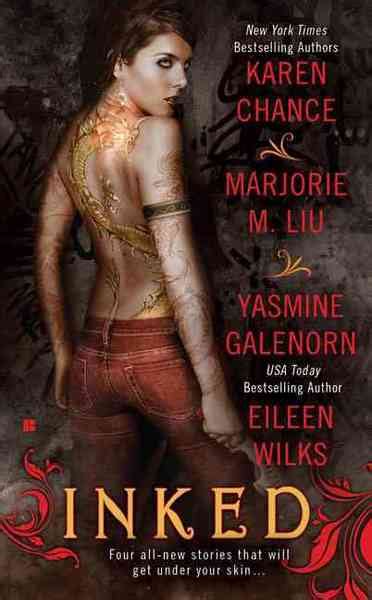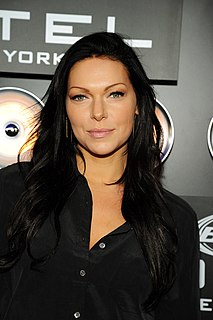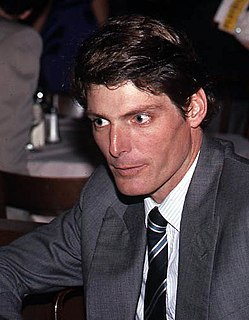A Quote by Marianne Elliott
I had done drama at university, but I never thought I could be a director. There were so few female directors then. I just assumed you had to be a man to be a director. I also assumed you had to be extremely authoritarian and extremely intellectual, none of which I was.
Related Quotes
America is so special, everybody wants to go there. And there's not a thought given to how it got special. It's just assumed it was made that way, I guess. It's just assumed that it's just there. And it's also assumed that it's always going to be there. Call it the golden goose or whatever you want but everybody saying that we have no right to keep anybody out because nobody kept us out, we all had to get here. Nobody here now actually started here. Of course, that's no longer true.
They always assumed that I did not speak. That I could not. So many had plotted my death, discussed it, laughed about it, even while I was in the same room, because they assumed I was mindless. Like one of the failures of their kind, born mad. But I was not a failure. I was what I was supposed to be. I was dhampir. And they never lived to tell anyone they were wrong.
Before I read the 'Bloody Sunday' script, I have to admit I hadn't thought about it that much. There was probably even part of me which assumed there was no smoke without fire. That the Catholics who were shot must have done something to provoke such a response from the army. I was extremely ignorant of the whole situation.
In Hong Kong, in our generation that started out in the 1970s, being a director wasn't a big deal. We didn't even have director's chairs. We weren't particularly well paid. The social standing of a film director wasn't that high. It was a sort of a plebeian job, a second or third grade one. And the studio heads are always practical, there's never any fawning because someone is a director. There's very little snobbery about one's position as a director. The only ones people treated differently were those that were also stars; or the directors who also owned their companies.
For instance, on the planet Earth, man had always assumed that he was more intelligent than dolphins because he had achieved so much—the wheel, New York, wars and so on—whilst all the dolphins had ever done was muck about in the water having a good time. But conversely, the dolphins had always believed that they were far more intelligent than man—for precisely the same reasons.
I had done it all in my career. I always felt, as a kid, that that's what a director needed to be. Hitchcock could do anything in my mind. He's the director. That person has to be the best actor, the best designer, the best cinematographer. Then I came to realize that isn't the case. You just need to surround yourself with the best.





































